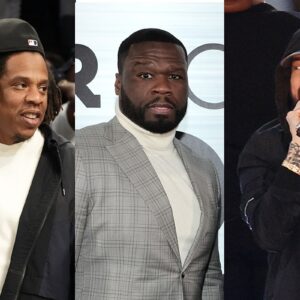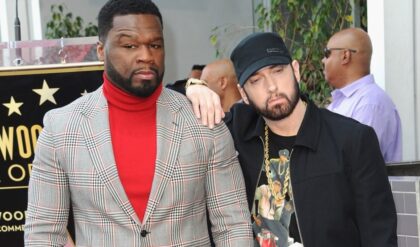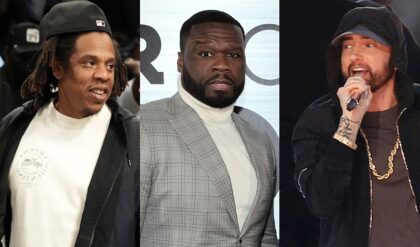Internal documents reveal that the University of Tennessee took proactive measures to protect the NIL rights of its athletes, hiring private attorneys and spending significant funds on legal fees. This article highlights UT’s strategic planning and preparation to safeguard its athletes’ NIL benefits.
Tennessee University Proactively Protected Athletes’ NIL Rights Amidst NCAA Investigation
Internal documents obtained by Knox News have revealed that the University of Tennessee (UT) took proactive measures to protect the name, image, and likeness (NIL) rights of its athletes, even before an NCAA investigation was initiated. The university had hired private attorneys to defend the rights of star quarterback Nico Iamaleava, who signed with UT in December 2022. These documents shed light on UT’s strategic planning and preparation to safeguard its athletes’ NIL benefits, which have become crucial in the highly competitive landscape of college sports recruiting.
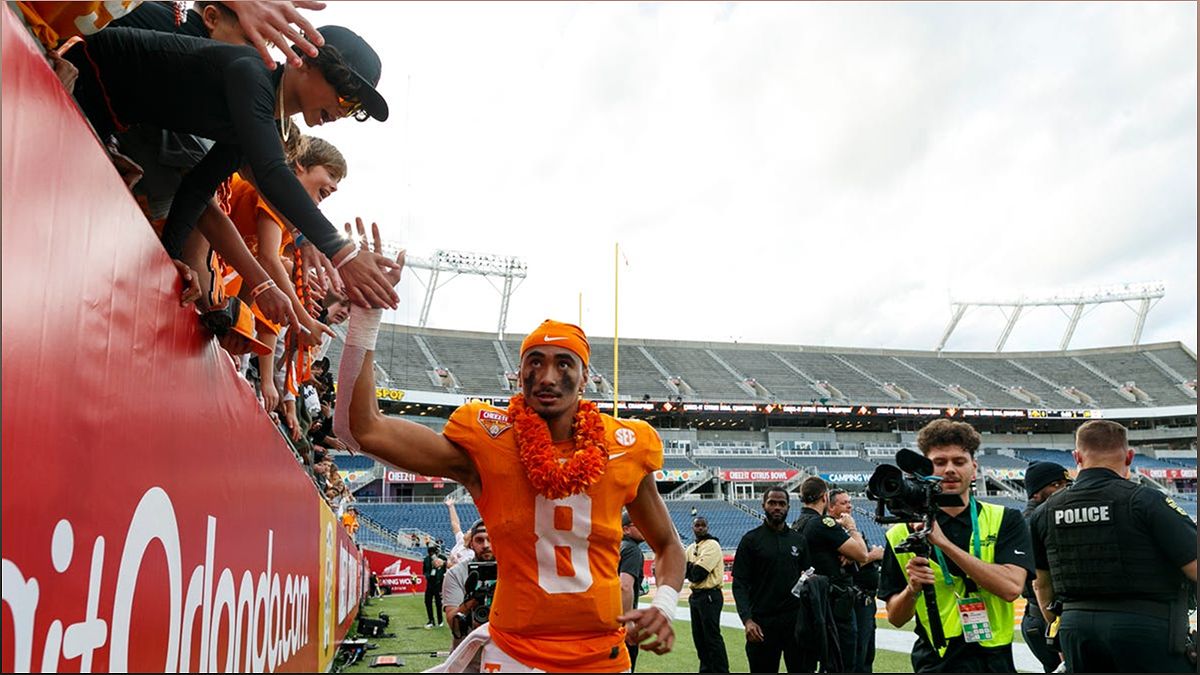
( Credit to: Knoxnews )
Anticipating the NCAA Investigation:
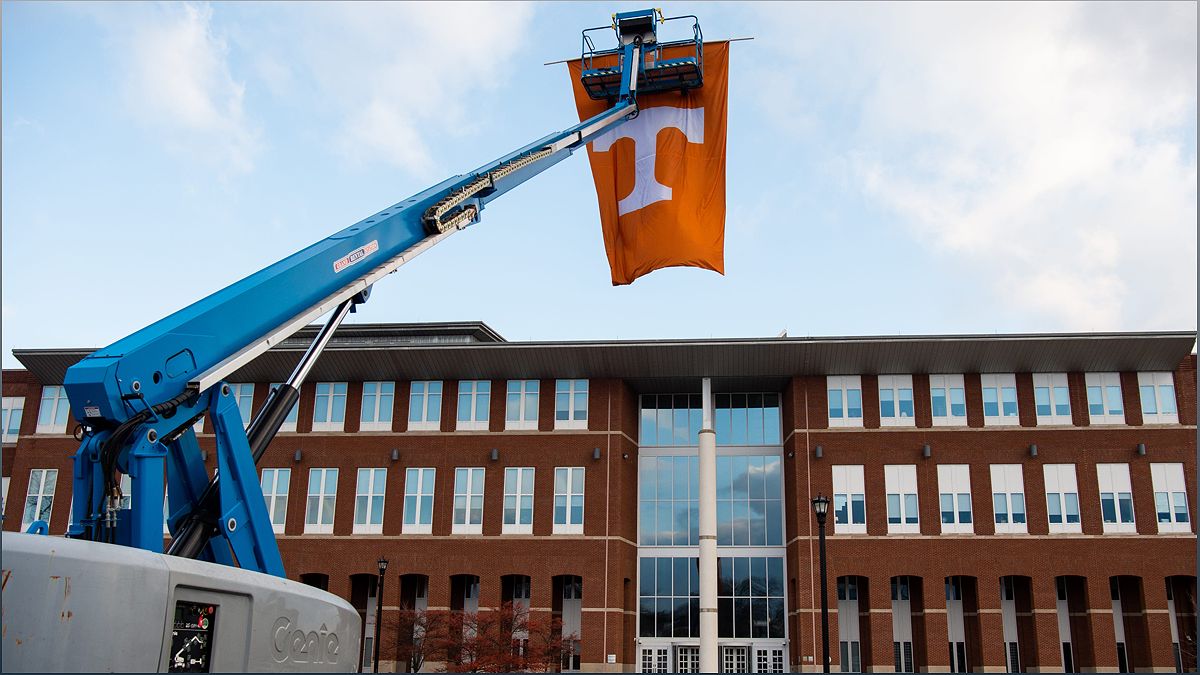
( Credit to: Knoxnews )
As early as 14 months ago, UT had engaged the services of the law firm Bond, Schoeneck & King (BSK) to handle both the ongoing NCAA investigation into recruiting violations under former football coach Jeremy Pruitt and the potential future investigation into NIL benefits. The university had spent significant funds on legal fees to protect Iamaleava’s interests and those of other athletes involved in the NIL space. This proactive approach allowed UT to stay ahead of NCAA investigators who were targeting schools for alleged NIL rule violations that were later deemed invalid by a federal court.
UT’s Legal Preparations
From December 2022 to February 2023, UT paid approximately $84,000 in legal fees for general advising on the future NIL case, while also addressing the Pruitt case. The university’s legal team worked diligently to juggle both present and future battles with the NCAA. The decision to hire lawyers well in advance proved crucial in defending the university against potential NCAA sanctions and protecting the rights of their athletes.
NCAA’s Indication of Investigation:
In December 2022, there were rumors that the NCAA planned to investigate schools and high-profile recruits who were allegedly exploiting the unclear and ever-changing NIL rules. Iamaleava’s recruitment, as a five-star quarterback who had signed an $8 million NIL contract with Spyre Sports, drew attention. Spyre Sports, known for its aggressive approach in securing NIL deals, had boasted about organizing lucrative packages for UT athletes. On January 1, 2023, a new NCAA bylaw came into effect, allowing investigators to pursue NIL rule violations based on circumstantial evidence.
UT’s Lawyers Behind the Scenes
UT’s legal team began working on the NIL case in December 2022, a month before the new NCAA bylaw was implemented. Attorneys Michael Sheridan and Kyle Skillman, representing UT, logged hours on the future NCAA case while simultaneously addressing the Pruitt case. Their efforts continued throughout January and February 2023, with an increased focus on the future NIL investigation. Meanwhile, Iamaleava enrolled at UT and commenced practicing with the team.
NCAA Investigation Comes to Light:
In December 2023, UT retained the services of Quinn Emanuel, a prominent Washington law firm, to challenge the NCAA’s NIL probe. University emails obtained through an open records request revealed that UT’s Chancellor and athletics director had requested a meeting with NCAA President Charlie Baker, which was declined multiple times. On January 29, UT’s Chancellor sent a scathing letter to Baker, criticizing the NCAA’s approach and lack of cooperation. The NCAA investigation was publicly reported on January 30, with allegations involving Iamaleava’s recruitment and the role of Spyre Sports.
UT’s Preparedness Pays Off
Fortunately for UT, a federal judge granted a preliminary injunction on February 23, suspending the NCAA’s NIL rules. This decision provided relief to the university, as the threat of NIL-related violations was effectively eliminated. UT’s proactive measures and early engagement of legal representation proved crucial in protecting the rights of their athletes and successfully navigating the NCAA investigation.
Conclusion:
The University of Tennessee’s proactive approach in protecting its athletes’ NIL rights, as revealed by internal documents, showcases the institution’s commitment to ensuring fair treatment and opportunities for its student-athletes. By engaging legal experts early on, UT was able to navigate the complex landscape of NIL rules and defend its athletes against potential NCAA sanctions. This case serves as a testament to the evolving nature of college sports and the importance of strategic planning and proactive measures in safeguarding the rights of student-athletes.
News
Ice Cube Unveils How “Boyz-n-the-Hood” got to Eazy-E
The birth of “Boyz-n-the-Hood” stands as a pivotal moment in Hip-Hop history, unfolding like a butterfly effect. Ice Cube, the mastermind behind the song, initially intended it for the New York City rap group Home Boys Only, signed to Ruthless…
50 Cent Says He Loves Eminem to Death but It Doesn’t Cloud His Judgement
50 Cent Says He Loves Eminem to Death but It Doesn’t Cloud His Judgement In an interview honoring “Get Rich Or Ԁie Tryin’s” 20th anniversary, 50 Cent discusses his experiences as a media mogul and rapper, attempts to make sense…
50 Cent Calls Out Jay-Z for Calling Eminem ‘The White Guy’
50 Cent Calls Out Jay-Z for Calling Eminem ‘The White Guy’ In the ever-evolving landscape of hip-hop, recent headlines have been stirred by none other than 50 Cent, who took to social media to call out Jay-Z for his seemingly…
Justin Bieber thinks Eminem “doesn’t understand” modern rap
Justin Bieber thinks Eminem “doesn’t understand” modern rap Justin Bieber is defending the rap artists of his age. The musician defended “the new generation of rap” using lyrics from Eminem’s 2018 song “The Ringer,” which he uploaded as a snapshot…
The Game Asserts That His Real Reason Behind Eminem Beef Stems from Upset with Dr. Dre
The Game Asserts That His Real Reason Behind Eminem Beef Stems from Upset with Dr. Dre Hip-hop feuds have been an integral part of the genre’s history, often fueled by personal grievances and underlying tensions. The recent revelation by The…
Snoop Dogg reveals he apologized to Eminem after feud: ‘I ain’t perfect’
Snoop Dogg reveals he apologized to Eminem after feud: ‘I ain’t perfect’ Snoop Dogg reveals he apologized to Eminem after feud: ‘I ain’t perfect’ According to Snoop Dogg, he apologized to Eminem in 2020 after their fight got out of hand. There…
End of content
No more pages to load


